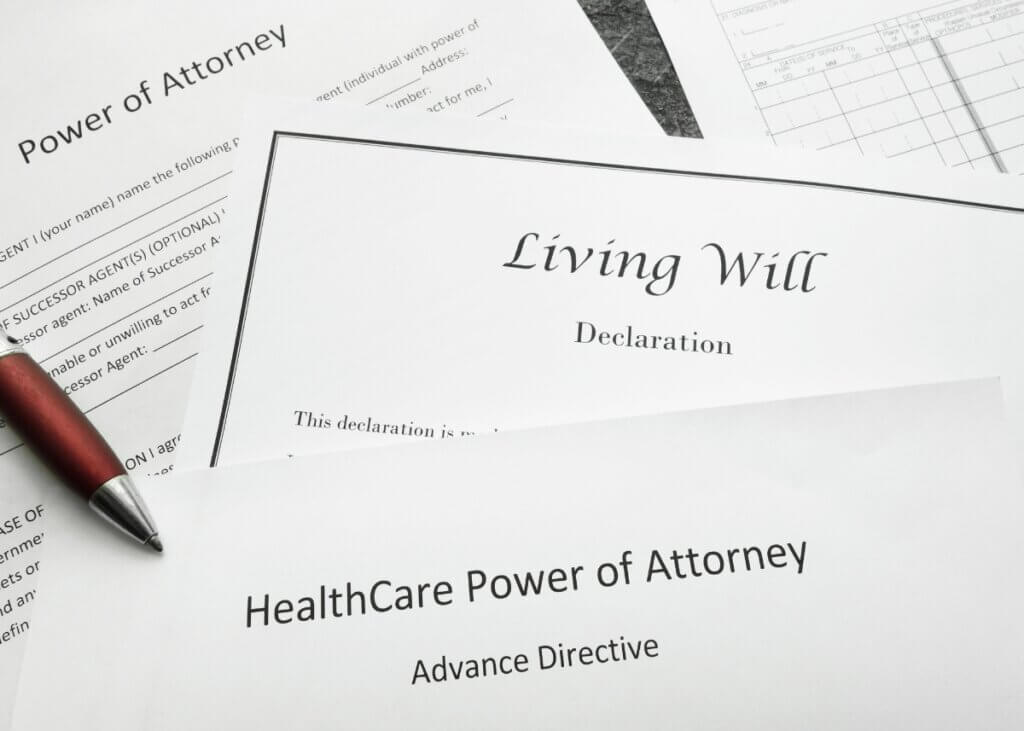
How to Utilize Your Healthcare Directive in an Emergency: What Your Agents Should Know
When an emergency strikes, having a healthcare directive in place is one of the most important steps you can take to ensure your medical wishes are honored. A healthcare directive, also known as an advance healthcare directive, is a legal document that outlines your preferences for medical treatment if you’re unable to communicate or make decisions for yourself. It’s vital not only to have this document, but also to ensure your designated agents understand their roles and responsibilities.
In this blog, we’ll discuss how you can utilize your healthcare directive in an emergency, and what your agents should know to make sure your wishes are respected.
1. What is a Healthcare Directive?
A healthcare directive is a written statement in which you specify your preferences for medical care in certain situations where you are incapacitated. It generally includes two parts:
- Living Will: States your preferences for end-of-life care, such as whether you want life-sustaining treatment if you’re terminally ill or in a permanent vegetative state.
- Durable Power of Attorney for Healthcare: Appoints a trusted person (or agent) to make medical decisions on your behalf if you’re unable to do so.
While a healthcare directive helps guide your medical treatment, it’s important to note that it’s only effective when you cannot express your own wishes, making it crucial to have the right people in place to act on your behalf.
2. What Happens in an Emergency?
In an emergency situation where you’re incapacitated—such as being unconscious or unable to communicate—your healthcare agent will step in to make decisions on your behalf, guided by the instructions in your healthcare directive. This is why it’s vital to ensure that the directive is easily accessible and up-to-date.
- Your Agent’s Role: When an emergency occurs, your designated healthcare agent becomes your voice in making crucial decisions. They should know exactly where the healthcare directive is stored and how to access it quickly.
- Clear Communication: To avoid confusion, your agent should also be familiar with your specific wishes, including preferences around life support, organ donation, and resuscitation.
3. What Should Your Healthcare Agents Know?
Your healthcare agents must understand more than just what your healthcare directive says—they must also be prepared to act swiftly and thoughtfully in times of stress. Here’s what they should know:
- Your Values and Preferences: Beyond the written instructions, have a discussion with your agent about your values and beliefs. It’s important they know the “why” behind your decisions to ensure they act in a way that truly aligns with your wishes.
- Specific Scenarios: Prepare your agents for common emergency situations, such as whether or not you want to be placed on life support, and under what circumstances you would want to receive it (e.g., only if there is a chance of recovery).
- How to Communicate with Medical Professionals: Ensure your agent understands the importance of clearly communicating your directives to doctors and healthcare providers. Your healthcare agent will need to advocate for your wishes during emergencies when medical staff may be offering a range of treatment options.
- Mental and Emotional Readiness: Healthcare decisions can be emotionally difficult. Make sure your agent is someone who can stay calm and make tough decisions based on your directive, rather than their own emotions.
4. Keeping Your Healthcare Directive Updated
As life circumstances change, it’s important to review your healthcare directive regularly. This can include changes in your health status, family dynamics, or even evolving personal beliefs.
- Review and Update: At least once a year (or after a major life event), revisit your directive to ensure it accurately reflects your current wishes.
- Notify Your Agent: Whenever you update your directive, be sure to share the new document with your healthcare agent, family members, and your healthcare provider to ensure they are all on the same page.
5. Conclusion: Peace of Mind in an Emergency
Having a healthcare directive in place provides peace of mind knowing that your medical wishes will be honored, even in an emergency. But it’s equally important that your designated agents fully understand their roles and are prepared to act in alignment with your directives. Take the time to have open and honest discussions with your agents, keep your directive updated, and ensure that your family and medical team are aware of your wishes. By doing so, you’ll help guarantee that your emergency healthcare needs are met in the way you would want.
